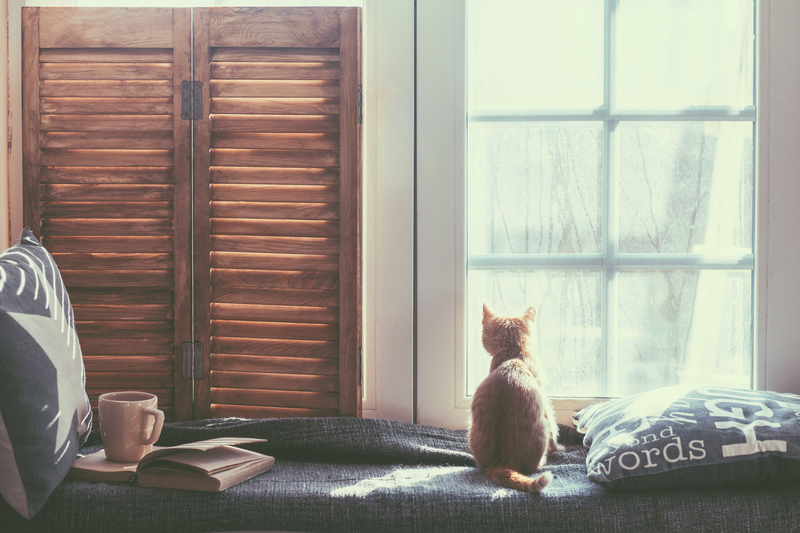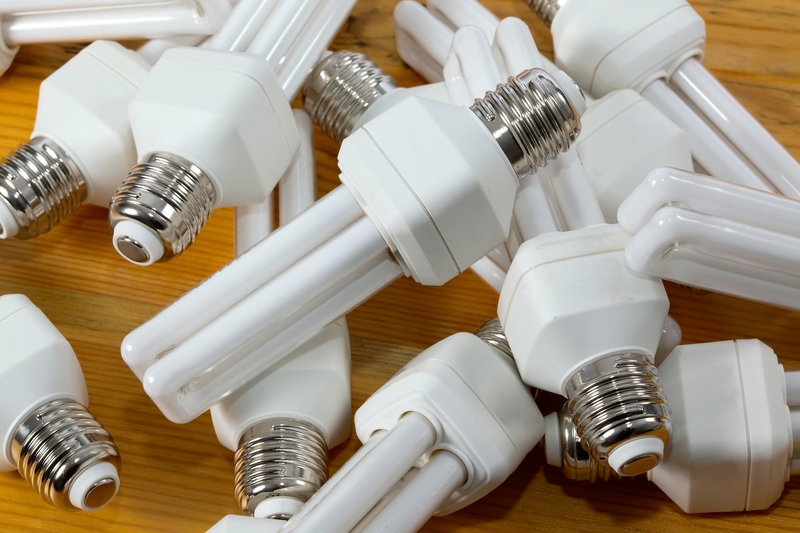Posted on 17/01/2025
Streamlined Living: Minimalist Approach
In today's fast-paced world, where consumer culture is at its peak and distractions are plentiful, many individuals are shifting towards a more simplistic lifestyle. This shift embraces minimalism--a lifestyle that emphasizes the importance of living with less. From decluttering physical spaces to prioritizing meaningful experiences over material possessions, minimalism presents numerous benefits for both mental and physical well-being. This article dives deep into the minimalist approach, exploring its principles, benefits, and practical applications.
Understanding the Minimalist Approach
Minimalism is not just about owning fewer items; it's a comprehensive lifestyle philosophy. At its core, minimalism encourages individuals to focus on what truly matters by eliminating excess. By doing so, it paves the way to a more fulfilling and intentional life. Common misconceptions of minimalism include a stark, barren lifestyle devoid of personality or comfort. However, true minimalism is about cultivating abundance through simplicity, which often leads to a deeper sense of satisfaction and happiness.

The Principles of Minimalism
The primary principles of minimalism are straightforward but profound:
Intentional Living
Minimalism is about making conscious choices that align with one's values and goals. By being intentional about what we bring into our lives, we can focus on things that add genuine value rather than mindlessly accumulating possessions.
Decluttering
Physical clutter can lead to mental clutter. Minimalism advocates for reducing physical possessions to what is essential or brings joy. The process of decluttering helps to clear not only space but also the mind, making room for more meaningful aspects of life.
Sustainability
Minimalism often goes hand-in-hand with sustainability. By consuming less and choosing quality over quantity, individuals can reduce their environmental footprint, leading to a more sustainable way of living.
Mindfulness
Living minimally encourages mindfulness--a state of being present in the moment and fully engaging with one's surroundings, thoughts, and feelings. This can lead to greater self-awareness and overall well-being.
The Benefits of a Minimalist Lifestyle
Adopting a minimalist approach can bring about numerous benefits:
Reduced Stress and Anxiety
Cluttered spaces often lead to a cluttered mind. By simplifying our surroundings, we can significantly reduce stress and create a more peaceful living environment. A minimalist space is easier to maintain and navigate, which can alleviate daily frustrations.
Increased Focus and Productivity
With fewer distractions, minimalist living can enhance focus and productivity. By eliminating unnecessary items and commitments, individuals can dedicate more time and energy to their passions and important tasks.
Financial Freedom
Minimalism encourages mindful spending and prioritizing experiences over possessions. This can lead to better financial management, reduced debt, and the ability to save money for long-term goals and experiences.
Environmental Impact
Consuming less and choosing sustainable products can have a significant positive impact on the environment. Minimalism promotes a lifestyle that values environmental responsibility and reduces waste.
Enhanced Relationships
By valuing experiences and personal interactions over material possessions, minimalism fosters stronger, more meaningful relationships. Quality time with loved ones becomes a priority, leading to deeper and more fulfilling connections.
Practical Steps to Embrace Minimalism
Transitioning to a minimalist lifestyle doesn't happen overnight. It requires deliberate steps and a shift in mindset. Here's how to get started:
Start with Decluttering
Begin by assessing your physical space and identifying items that no longer serve a purpose or bring joy. Whether it's your wardrobe, kitchen, or storage areas, tackle one section at a time. Donate, recycle, or discard items responsibly.
Mindful Consumption
Before making a purchase, ask yourself if the item is truly necessary or if it adds meaningful value to your life. Focus on investing in quality over quantity and opting for sustainable options whenever possible.
Digital Minimalism
Minimalism isn't limited to physical belongings. Our digital lives can also become cluttered with excessive apps, notifications, and information. Regularly declutter your digital space by deleting unused apps, organizing files, and setting boundaries for screen time.
Simple Living Practices
Incorporate simple living habits into your daily routine. This could be anything from cooking at home more often, practicing mindfulness and meditation, or engaging in slow, intentional activities like reading or gardening.
Maintaining a Minimalist Lifestyle
Once you've embraced minimalism, maintaining it requires ongoing effort and mindfulness. Here are some tips to sustain your minimalist lifestyle:
Regular Reviews
Periodically assess your belongings and habits to ensure they align with your minimalist principles. Declutter regularly and stay mindful of new items coming into your space.
Set Boundaries
Establish clear boundaries for your minimalism practice. This could mean limiting the number of items in a particular category, setting a budget for new purchases, or creating routines that support a clutter-free environment.
Stay Mindful
Continue practicing mindfulness in all aspects of your life. Regularly reflect on your values and goals, ensuring that your lifestyle choices support your overall well-being and happiness.

Case Studies and Examples
Many individuals and families have successfully transitioned to a minimalist lifestyle and experienced transformative results. Here are a few inspiring examples:
The Minimalists
Joshua Fields Millburn and Ryan Nicodemus, known as The Minimalists, have dedicated their lives to sharing the benefits of minimalism through their books, podcasts, and documentaries. Their journey began by decluttering their possessions and led to a more purposeful, content lifestyle.
Marie Kondo
Marie Kondo, author of "The Life-Changing Magic of Tidying Up," introduced the world to the KonMari method, which emphasizes keeping only items that "spark joy." Her approach has helped countless individuals transform their homes and lives through the power of minimalism.
Blogger and Influencer Success Stories
Numerous bloggers and influencers, such as Courtney Carver of "Be More with Less" and Leo Babauta of "Zen Habits," have shared their minimalist journeys, providing practical tips and inspiration for those looking to simplify their lives.
Conclusion
Embracing a minimalist approach is not just about living with less; it's about making space for more--more time, more meaningful experiences, and more peace of mind. By focusing on what truly matters and eliminating excess, minimalism can lead to a richer, more fulfilled life. Whether you're just beginning your minimalist journey or looking for ways to deepen your practice, the principles and benefits outlined in this article can guide you toward a more intentional and satisfying way of living.
Envision a life where clutter no longer dictates your daily routine, where every possession holds purpose, and where happiness is derived from experiences and connections rather than material wealth. That's the essence of streamlined living through a minimalist approach.
Latest Posts
Tips for Proper Disposal of Regular Waste
Garbage Cleanup Bags - Efficient Skip Substitute

































 Get a Quote
Get a Quote